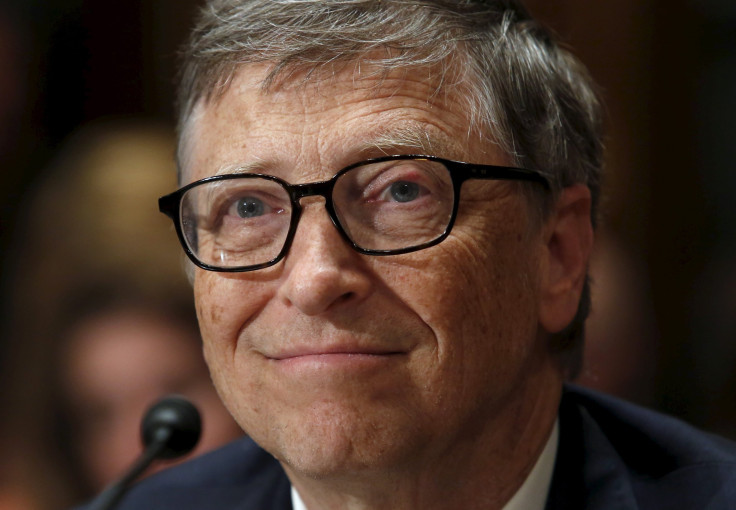Bill Gates: Next Spanish Flu Might Kill 330 Million People In Less Than A Year

Bill Gates, the 59-year-old Microsoft founder and philanthropist who holds the coveted title of “the richest man in the world,” has a new fear. It, being the concern for humanity and not technology, is what is keeping him up at night. What fuelled this concern in his mind is the Ebola epidemic in Africa. He says, “I rate the chance of a nuclear war within my lifetime as being fairly low. I rate the chance of a widespread epidemic, far worse than Ebola, in my lifetime, as well over 50%.”
The most widespread and currently ongoing epidemic is caused by the Ebola virus which has affected multiple countries in the West African region. The most affected among these are Liberia and Sierra Leone. The epidemic is the cause for significant rise in the mortality with 70 percent fatality rate, specifically in the hospitalised patients. The first outbreak of the highly infectious disease was discovered in 1976 in the sub-Saharan region in Africa.
The current case is the 26th outbreak that is reported for the very first time in West Africa which began in December 2013 in Guinea and then spread further to Liberia and Sierra Leone. Although the World Health Organisation, or WHO, has reported a total of 27,049 suspected cases and 11,149 deaths as of May 24, it believes that the figures are substantially understated, keeping in mind the vast magnitude of the epidemic.
The Microsoft founder is of the opinion that the Ebola epidemic has showed how unprepared is the world to fight any infectious disease of such magnitude. Any future epidemic like that would pose a great risk calling for a huge tragedy. The 1918 Spanish Flu pandemic was one of the deadliest natural disasters in human history caused by the H1N1 influenza virus .In between 1918 and 1919, it infected 500 million people and killed about 50 to 100 millions of them across the world, which is more than the number of deaths in World War I.
Gates says, “What's even more frightening is that we don't even know where the Spanish Flu came from, it was just called the "Spanish Flu" because the press in Spain were the first to report on it. In many ways, we're even more vulnerable to an infectious catastrophe today. We’ve created, in terms of spread, the most dangerous environment that we've ever had in the history of mankind." Hence, he fears that in the future, a serious epidemic such as the Spanish flu could kill about 330 million people in a year.
To contact the writer, email:ruchira.dhoke@gmail.com






